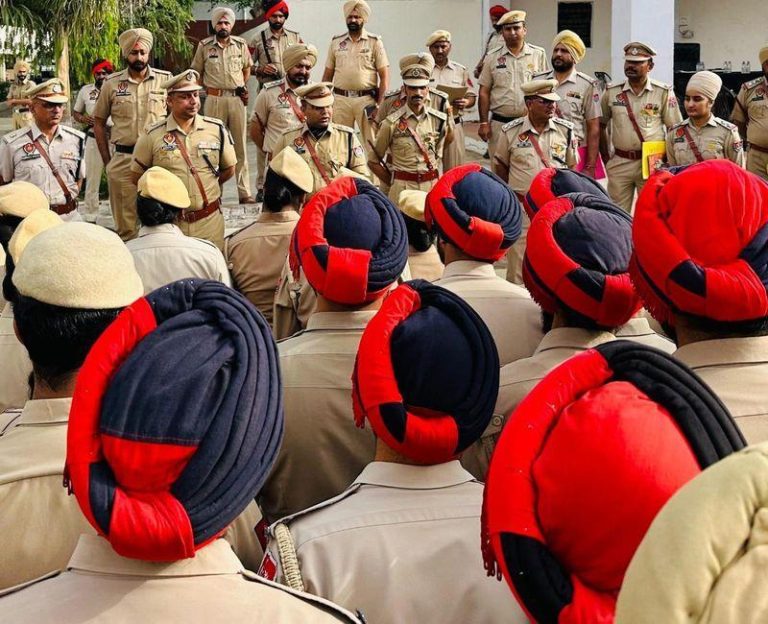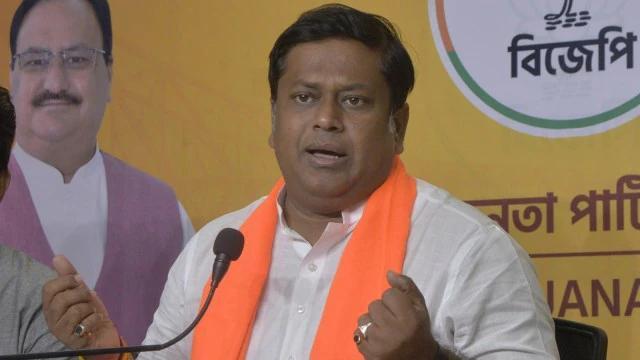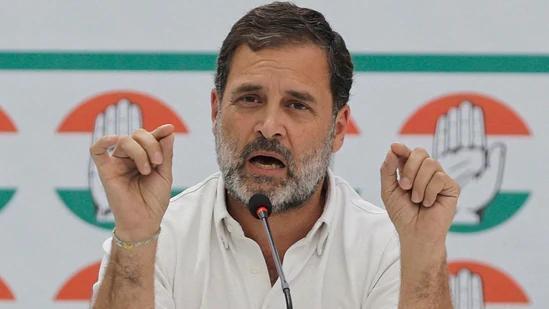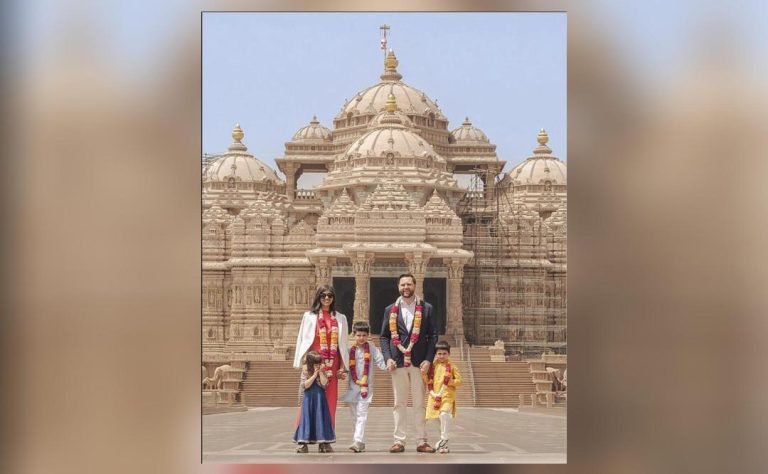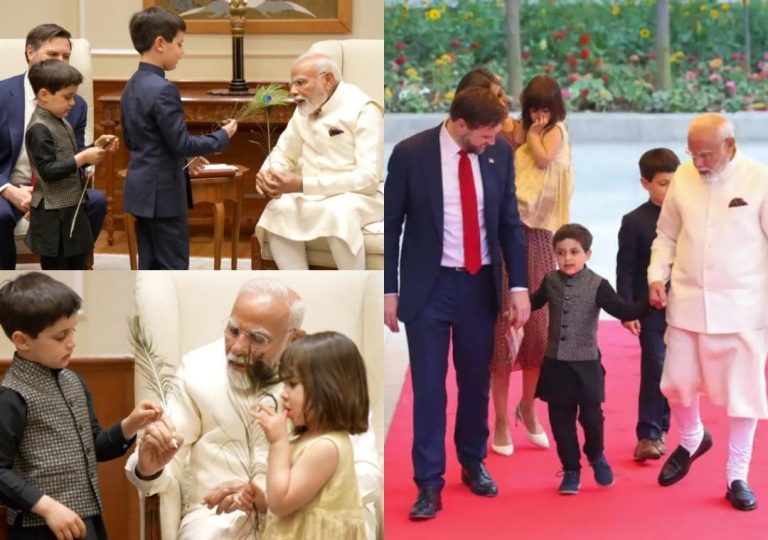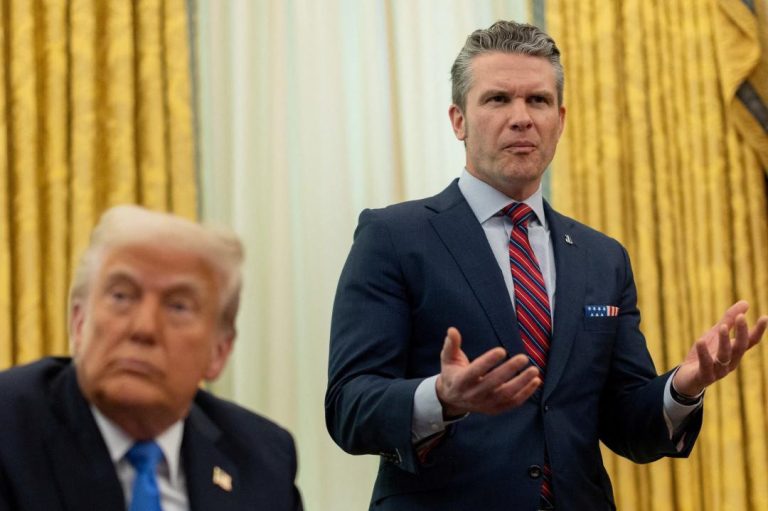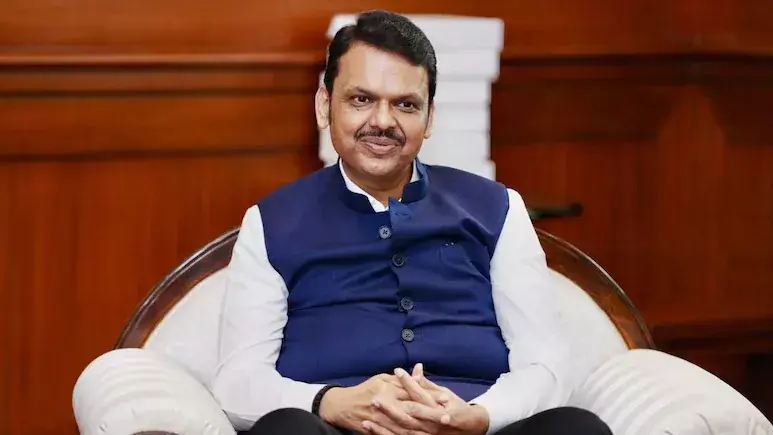
Maha CM Fadnavis is as ‘cruel’ as Aurangzeb: Congress’ Sapkal
The political landscape of Maharashtra has been witnessing a series of heated exchanges between the ruling BJP and the opposition Congress. The latest salvo was fired by Maharashtra Congress chief Harshwardhan Sapkal, who compared Chief Minister Devendra Fadnavis to Mughal emperor Aurangzeb. According to Sapkal, Fadnavis is as “cruel” as Aurangzeb, citing the CM’s alleged reliance on religion to further his political agenda.
Sapkal’s remarks were made during a press conference, where he targeted Fadnavis’s government for allegedly using religion for political gains. “He [Fadnavis] always takes the help of religion. Therefore, the administration of Aurangzeb and Devendra Fadnavis is the same,” Sapkal said. He added that the Congress was opposed to any attempt to communalize politics and would not let the BJP divide the people on religious lines.
The Congress leader’s statement has sparked a heated debate in the political circle, with the BJP terming it as “extremely childish” and an insult to the state’s identity. According to the BJP, Sapkal’s remarks were a reflection of the Congress’s desperation to stay relevant in the state’s politics. “The Congress is trying to revive its lost glory by making such statements, but it will not succeed,” said Chandrashekhar Bawankule, a senior BJP leader.
The BJP’s reaction to Sapkal’s statement is not surprising, given the party’s reputation for being sensitive to any perceived criticism of its leaders. However, the Congress leader’s remarks also highlight the deep-seated divisions in Maharashtra’s politics, which have been exacerbated by the communal polarization of the past few years.
Aurangzeb, the Mughal emperor who ruled India from 1658 to 1707, is widely known for his brutal suppression of non-Muslims and his efforts to impose Islam on the rest of the country. The comparison with Fadnavis is, therefore, a powerful one, implying that the CM is similarly ruthless in his pursuit of power and willing to use religion as a tool to achieve his goals.
Fadnavis, who has been accused of being a Hindu nationalist, has been criticized for his government’s handling of various issues, including the Maratha reservation agitation and the transfer of a senior police officer who was investigating a high-profile murder case. The Congress has been quick to pounce on these issues, accusing Fadnavis of using religion to further his political agenda.
The BJP, on the other hand, has been trying to brand the Congress as anti-Hindu and anti-national, accusing the party of being soft on terrorism and supporting anti-India forces. The party has been using the Congress’s alleged links to Pakistan and its supposed support for separatist movements in the country to discredit the opposition.
In the midst of this political turmoil, the people of Maharashtra are left to wonder what lies ahead. Will the state’s politics continue to be dominated by communal tensions and petty squabbles between the two major parties, or will there be a concerted effort to address the genuine issues facing the state’s people?
Despite the differences between the two parties, there are some common issues that affect the people of Maharashtra. These include the poor state of the state’s infrastructure, the lack of opportunities for the youth, and the increasing burden of taxes on the common man. The Congress and the BJP would do well to focus on these issues, rather than engaging in petty squabbles and name-calling.
In conclusion, the comparison between Fadnavis and Aurangzeb is a powerful one, highlighting the deep-seated divisions in Maharashtra’s politics. While Sapkal’s remarks may be seen as an exaggeration by some, they also reflect the deep-seated concerns of many people in the state who are worried about the increasing communalization of politics.
As the political landscape of Maharashtra continues to evolve, it is essential that the people of the state remain vigilant and demand more from their leaders. The people of Maharashtra deserve better than petty squabbles and communal politics; they deserve leaders who will work for their welfare and well-being.
